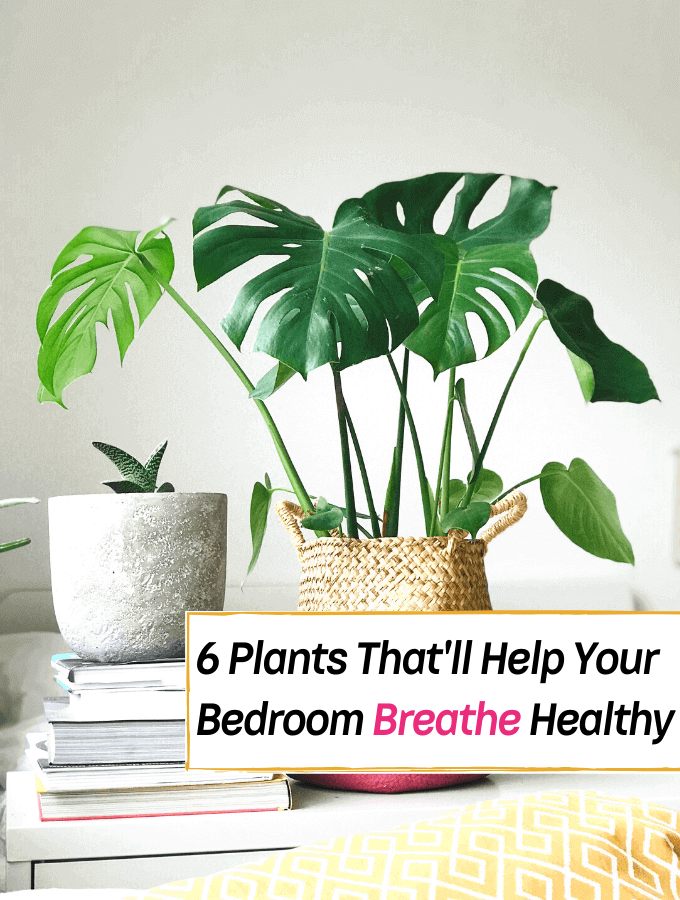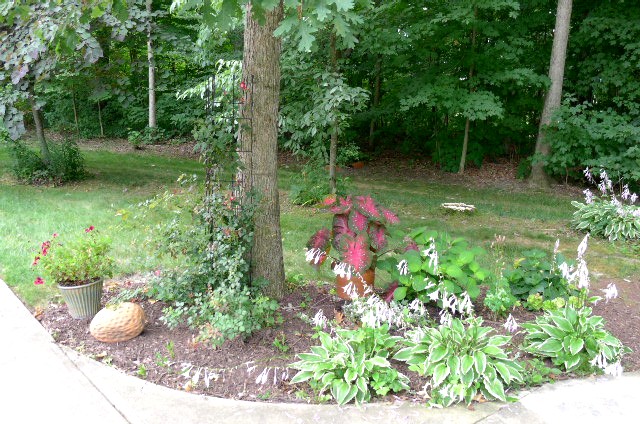
Box gardens for beginners are easier than any other gardening technique. To make a box garden for beginners, dig a 12 foot trench and fill it with about 12 inch of compost. After the cardboard has been removed from the box, plants can now be planted in it. Over time, the cardboard will fall off and roots will be able explore deeper. Once the cardboard has broken down, the boxes will be ready to sprout. Mix the soil in a planter no less than a quarter inch before placing seeds.
A good tip for beginners is planting the same vegetables in a smaller garden. A six-foot-by-6ft vegetable bed will supply you with enough produce to last you the season. If you don't have a yard, growing vegetables in a container is an excellent way to begin. You don't have to tear up your lawn or landscape. Instead, place the plants on a balcony, deck or patio.

If you don’t have a backyard, grow vegetables in boxes. A 6x6-foot container garden can support five to eight plants and provide plenty of fresh produce. Container gardens are easy to maintain and low-maintenance. Container gardening requires very little space. You can place your container on a sunny balcony or deck. It's not necessary to mow your garden every day.
Before you start planting, determine how many vegetables you want to grow. Begin with a small area and plant several types of vegetables in small pots. You should plant varieties that can produce multiple meals throughout the year. Vegetables such as tomatoes and peppers will be a staple of your cooking. You could also add more boxes to your garden. You can also add more fruits and vegetables to your bed as you gain more experience.
A box is a good place to grow vegetables. However, the soil must be kept moist and free from any debris. It is important that you choose an area where it will be easy to tend to the garden. Consider the slope of your garden when planting vegetables in raised beds. Make sure the soil is well-drained. If you live in an area that grass grows naturally, it may be a good idea to plant the garden close to a house.

When planning a box garden for beginners, it's important to consider the climate of your area. Although it's not essential to have raised beds, it is important to consider the environmental conditions that could allow water to pool. If you are considering how to set up your garden, consider the fact that a garden in an urban area may not have the same humidity level as one in a suburban setting. Consider your surroundings if you live in rural areas. It might keep the animals away if it's close to a house.
FAQ
What's the first thing you should do when you begin a garden project?
First, prepare the soil before you start a garden. This includes adding organic material such as composted horse manure, grass clippings or leaves, straw and the like, which provides plant nutrients. Next, plant seeds or seedlings into prepared holes. Finally, water thoroughly.
How much light does a tree need?
It depends on the type of plant. Some plants need 12 hours per day of direct sunlight. Others prefer 8 to 10 hours of indirect sun. Most vegetables require 10 hours direct sunlight in a 24-hour period.
Does my backyard have enough space for a garden?
If you don’t yet have a vegetable gardening, you might wonder if it will be possible. The answer is yes. A vegetable garden doesn't take up much space at all. You just need to plan. Raised beds can be built as low as 6 inches. Or, you could use containers instead of raised beds. You'll still get lots of produce.
Statistics
- Today, 80 percent of all corn grown in North America is from GMO seed that is planted and sprayed with Roundup. - parkseed.com
- It will likely be ready if a seedling has between 3 and 4 true leaves. (gilmour.com)
- According to a survey from the National Gardening Association, upward of 18 million novice gardeners have picked up a shovel since 2020. (wsj.com)
- 80% of residents spent a lifetime as large-scale farmers (or working on farms) using many chemicals believed to be cancerous today. (acountrygirlslife.com)
External Links
How To
How do I keep weeds from my vegetable garden?
The biggest threat to the growth of healthy vegetables is weeds. They are a threat to water, nutrients and sunlight as well as for space. These tips will prevent them destroying your garden.
-
All plants should be removed when they are in flower
-
Get rid of any plant debris that may be around the base.
-
Mulch can be used
-
Drink water frequently
-
Rotate crops
-
Do not let the grass get too long
-
Keep soil moist
-
Plant early
-
Harvest often
-
Add compost
-
Avoid chemical pesticides
-
Produce organic vegetables
-
Buy heirloom seeds
-
Start small
-
Learn more about companion-planting
-
Be patient
-
Enjoy gardening!